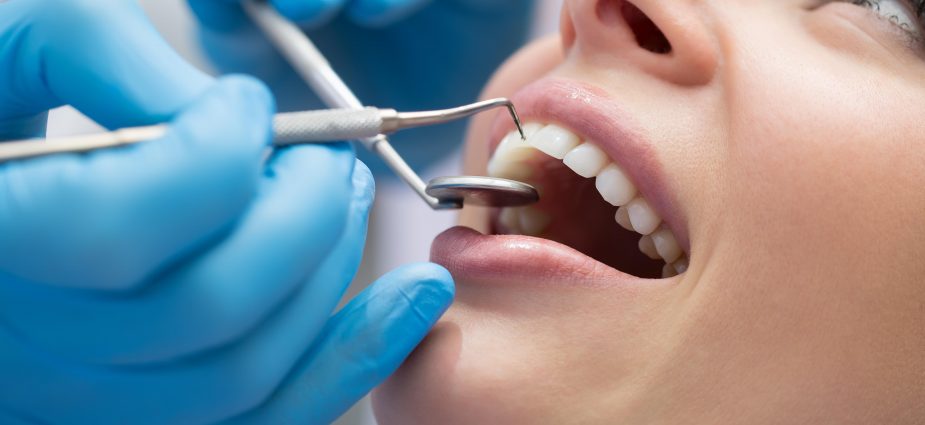What You Should Know About Dental Services

Do you know where to find affordable medical care of high quality? There is a way.
For the purpose of finding a specialist for your needs, enrolling in a dental school is unlikely. However, despite its features, this program is one of the best and most cost-effective solutions available.
During an initial exam, our doctors will determine if your condition has the requirements of a dental school. When you are admitted to Penn Dental, students will provide you with outstanding treatment under the supervision of experts in their field. When your supervising dentist approves your treatment, you won’t have to worry about whether or not it is appropriate. We will make sure to cater your treatment to fit your specific needs and preferences.
A few of the most frequently requested Dentist in Santa Rosa will be discussed here as well as the differences between a private dentist and a dental clinic.
A Dental Clinic Is Different From A Private Dental Practice
An establishment that specializes in dental treatment is known as a dental clinic. Dental clinics that regularly participate in education are most often referred to as “ed-up.”. A private practice is one run independently by a dentist or a medical institution, as opposed to a clinic, which is often affiliated with a university.
An individual dentist’s value differs from that of a clinic in the long run. Dentists normally prefer to use clinics because they are usually less expensive than private practices. In order to learn from your experiences as a patient, the students involved in your case must be able to do so. Trying to improve the patient experience, learning best practices, and staying on top of new developments will be the focus of the dental practice. As a Penn patient, you will benefit from the latest dental advances as well as the supervision of dental experts.

When you think about dentists, you picture private practices. There’s no billing involved – the dentist will schedule your appointment and handle the billing.
Providing Dental Care: An Overview
The most common dental procedures you will encounter are probably ones you will receive in your lifetime. You are highly likely to have dental decay or periodontal disease at the root of your problem. The most likely treatment for cavities and gum disease is an extraction, a scale and root plan, and endodontic root canal therapy, as well as a dental restoration.
Many dental treatments are covered in the training of general dentists. Fillings, crowns, and bridges are among the restorative dentistry services. For the replacement of missing teeth, prosthetics (dentures) are required. Endodontic treatment most commonly refers to root canal treatment. Gum tissue inflammation is often treated with cleaning procedures as part of periodontal therapy. During your general examination, x-rays of your mouth might be necessary. If your condition requires medication, sedatives, antibiotics, or less potent medications would be appropriate to help you recover.





